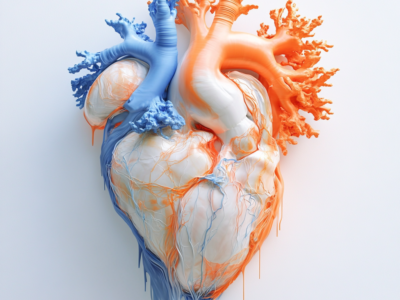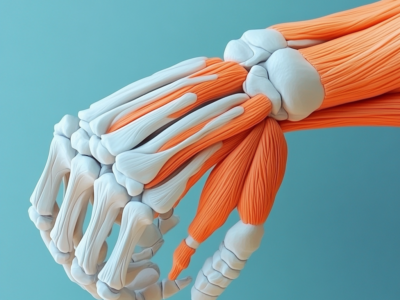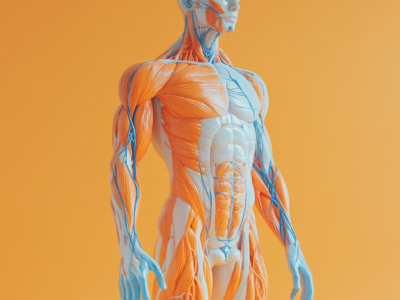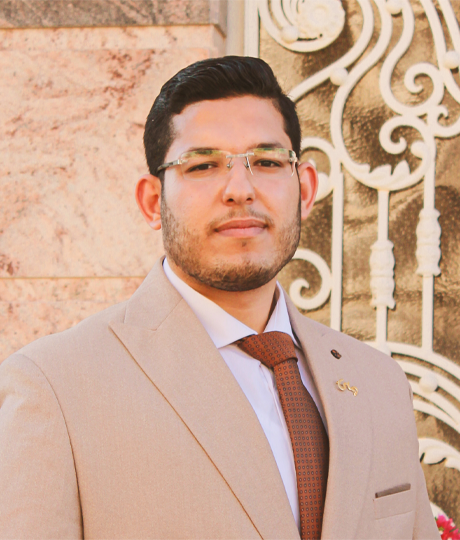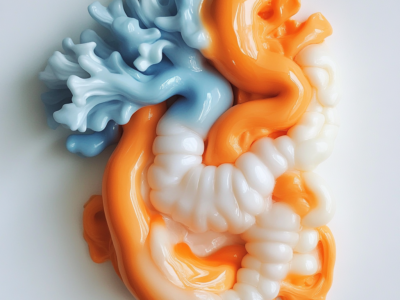This course provides a comprehensive overview of human physiology, focusing on the functions and mechanisms of the human body. Students will explore the major systems that keep the body functioning: the nervous, muscular, cardiovascular, respiratory, renal, digestive, and endocrine systems. The course will delve into how these systems are regulated and how they interact to maintain homeostasis.
Through a combination of lectures, laboratory exercises, and interactive discussions, students will gain a solid understanding of the physiological principles that underlie human health and disease. Topics covered will include cellular physiology, tissue function, organ systems, and the physiological responses to various internal and external stimuli.
Course Objectives:
- To understand the fundamental principles of human physiology.
- To identify and describe the structure and function of major organ systems.
- To explain how different physiological systems interact to maintain homeostasis.
- To apply physiological concepts to real-world scenarios and clinical cases.
- To develop practical laboratory skills related to physiological measurements and experiments.
Assessment Methods:
- Quizzes and Exams
- Laboratory Reports
- Group Projects and Presentations
- Participation in Class Discussions
- Final Comprehensive Exam
Prerequisites:
A foundational knowledge of biology and chemistry is recommended.
Target Audience:
This course is ideal for undergraduate students majoring in biology, health sciences, pre-medical studies, and related fields, as well as anyone with an interest in understanding the human body’s function.
Course Features
- Lectures 3
- Quiz 0
- Duration Lifetime access
- Skill level All levels
- Language English
- Students 142
- Assessments Self
Requirements
- phpne
- internet
Target audiences
- every medical student


